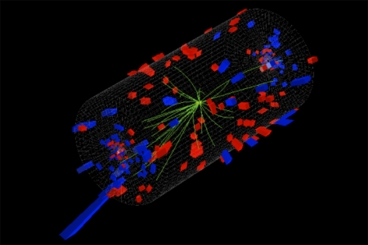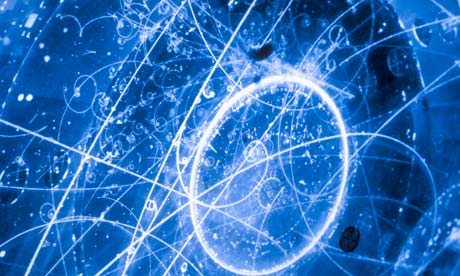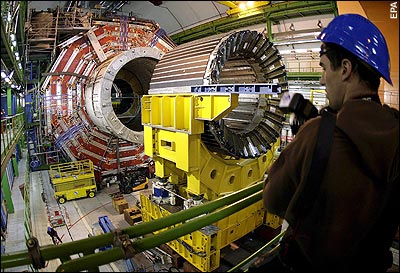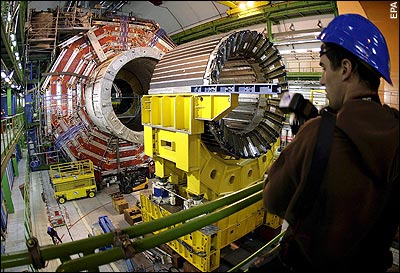Flashback!
The Biology of Belief is a groundbreaking work in the field of New Biology.
Author Dr. Bruce Lipton is a former medical school professor and research scientist.
His experiments, and that of other leading edge scientists, have examined in great detail the processes by which cells receive information. The implications of this research radically change our understanding of life.
It shows that genes and DNA do not control our biology; that instead DNA is controlled by signals from outside the cell, including the energetic messages emanating from our positive and negative thoughts.
Dr. Lipton’s profoundly hopeful synthesis of the latest and best research in cell biology and quantum physics is being hailed as a major breakthrough showing that our bodies can be changed as we retrain our thinking.

Amazon.com: The Biology of Belief: Unleashing the Power of Consciousness, Matter, & Miracles
by Bruce H. Lipton (Hardcover – Sep 15, 2008)
Amazon.com: The Biology Of Belief: Unleashing The Power Of Consciousness, Matter And Miracles
by Bruce H. Lipton (Hardcover – Mar 18, 2005)
——————————————————————————————————————————————-
The New Biology – Where Mind and Matter Meet
Recent advances in cellular science are heralding an important evolutionary turning point.
For almost fifty years we have held the illusion that our health and fate were preprogrammed in our genes, a concept referred to as genetic determinacy.
Though mass consciousness is currently imbued with the belief that the character of one’s life is genetically predetermined, a radically new understanding is unfolding at the leading edge of science.
Cellular biologists now recognize that the environment, the external universe and our internal physiology, and more importantly, our perception of the environment, directly controls the activity of our genes.
This video will broadly review the molecular mechanisms by which environmental awareness interfaces genetic regulation and guides organismal evolution.










